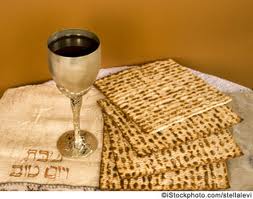I read Matthew 28:1-10
This blessed, blessed day dawns.
When you read the gospel accounts of resurrection morning, it soon becomes clear that there was a great deal of traffic back and forth to the tomb. The women, the disciples. Confusion, disbelief.
I have particularly enjoyed reading where the women first approach the tomb. Prior to their arrival, an angel “descended from heaven,” sending the soldiers of Rome into a catatonic state. A very satisfying scene.
The angel not only rolls the stone from the tomb entrance, but sits on it, waiting for the women. (Peter Marshall makes a great point: “The stone was rolled away from the door, not to permit Christ to come out, but to enable the disciples to go in.”)
His words to them are wonderful: “Do not be afraid, for I know that you seek Jesus who was crucified.”
Think about those words. They will be preached in churches all over the world this morning. Don’t be afraid. Seek Jesus, who was crucified. The cross is empty, the tomb is empty. But, if your heart is empty, He will gladly fill it.
Blessed, blessed day.
And there is the Lord’s command when He met the women as they were hurrying back to Jerusalem: Rejoice!
With overflowing hearts, we will rejoice. Our debt is paid. We are reconciled to God through the precious blood of the risen Christ.










